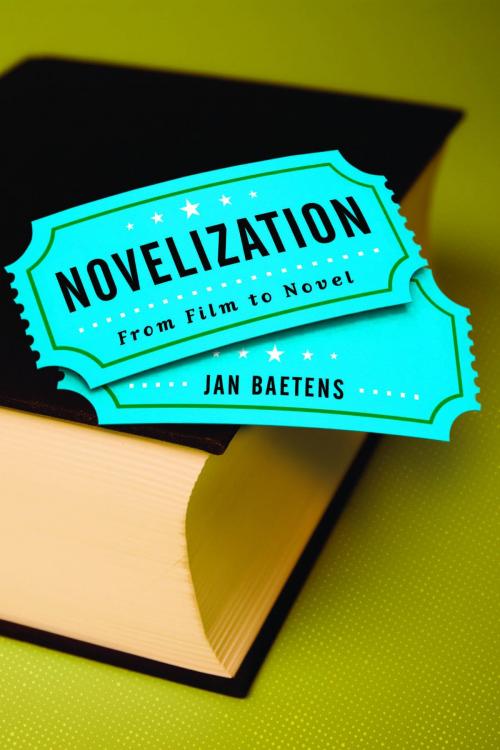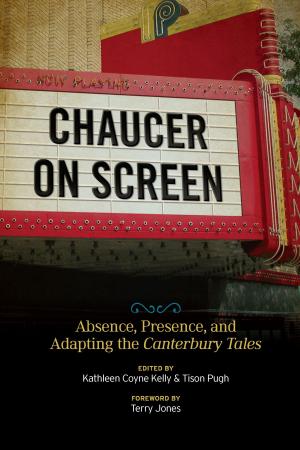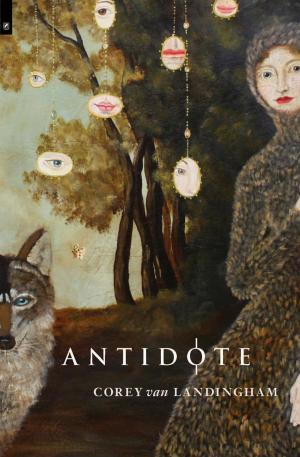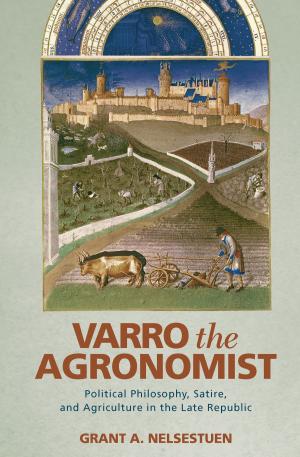| Author: | Jan Baetens | ISBN: | 9780814276204 |
| Publisher: | Ohio State University Press | Publication: | April 28, 2018 |
| Imprint: | Ohio State University Press | Language: | English |
| Author: | Jan Baetens |
| ISBN: | 9780814276204 |
| Publisher: | Ohio State University Press |
| Publication: | April 28, 2018 |
| Imprint: | Ohio State University Press |
| Language: | English |
Studies of adaptation from novels to film are common, but not as widely known are adaptations with the opposite relationship. In Novelization: From Film to Novel, Jan Baetens explores how transforming an original film or screenplay into a novel establishes a new genre and revises our understanding of narrative theory more broadly. A typical example of popular literature, novelization has remained an overlooked practice in spite of the cultural and commercial importance of the genre, which is as old as cinema itself.
Novelization offers a historical overview of the genre, focusing on the various formats that have been adopted since the first decades of the twentieth century until today: daily and weekly novelizations, cheap brochures, pocket books, and trade editions. It studies the specific features of the genre from various points of view: narrative style, illustrations, authorship, and marketing. By studying novelization from a broad historical perspective, Baetens reframes our understanding of adaptation and the relationship between cinema and literature. Rather than assume that cinematic adaptations either cannibalize or rejuvenate literature, Novelization ultimately offers the opportunity to rethink the adaptation paradigm of film and literary studies.
Studies of adaptation from novels to film are common, but not as widely known are adaptations with the opposite relationship. In Novelization: From Film to Novel, Jan Baetens explores how transforming an original film or screenplay into a novel establishes a new genre and revises our understanding of narrative theory more broadly. A typical example of popular literature, novelization has remained an overlooked practice in spite of the cultural and commercial importance of the genre, which is as old as cinema itself.
Novelization offers a historical overview of the genre, focusing on the various formats that have been adopted since the first decades of the twentieth century until today: daily and weekly novelizations, cheap brochures, pocket books, and trade editions. It studies the specific features of the genre from various points of view: narrative style, illustrations, authorship, and marketing. By studying novelization from a broad historical perspective, Baetens reframes our understanding of adaptation and the relationship between cinema and literature. Rather than assume that cinematic adaptations either cannibalize or rejuvenate literature, Novelization ultimately offers the opportunity to rethink the adaptation paradigm of film and literary studies.















